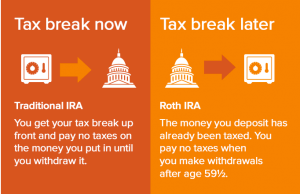
What is a Fiduciary?
Financial PlanningJan 20, 2021
Investopedia defines a fiduciary as a person or organization that acts on behalf of another person or persons, putting their clients’ interest ahead of their own, with a duty to preserve good faith and trust*. There are many situations in life where the fiduciary standard applies and the majority of them pertain to investments. Some examples include being in charge of a corporate retirement plan, being involved in the financial decisions of an organization, or being the executor of an estate. It has also been a very hot topic regarding investment advisors and whether or not they are acting as fiduciaries.
If you are in charge of money that is not yours, chances are you have some level of fiduciary responsibility. While that shouldn’t necessarily scare you, it should give you a sense of obligation to take the duty seriously. You should put processes in place to ensure that you are acting prudently on behalf of those that have empowered you to make decisions on their behalf. If you aren’t sure how to manage the process, there are professionals available to assist in many situations.
Financial advisors are usually the professionals that are sought out to assist with fiduciary obligations or with personal finances. One would think that it is assumed that a financial advisor is acting in his or her best interest, but not all financial advisors are operating under the fiduciary standard. There is a push to close the gap and have all financial advisors operate under the fiduciary standard. However, the policies have been met with resistance from different parties in the industry. Time will tell on whether the entire industry is eventually required to operate under the fiduciary standard.
So how does this all affect you as an investor or as a fiduciary? Well, it is important to do your homework if you are hiring a financial advisor. You should ask the right questions to help you understand where the advisor’s incentives lie and how the advisor is compensated. Registered Investment Advisors and CFP Professionals are held to the fiduciary standard. At Alliance, we are fiduciaries and are proud of it. Maybe this advice is somewhat biased, but if you are working with or considering working with an advisor that does not act as a fiduciary, you should ask why he or she is not. Hopefully, the answer will include some level of commitment to act in your best interest.
*https://www.investopedia.com/terms/f/fiduciary.asp


